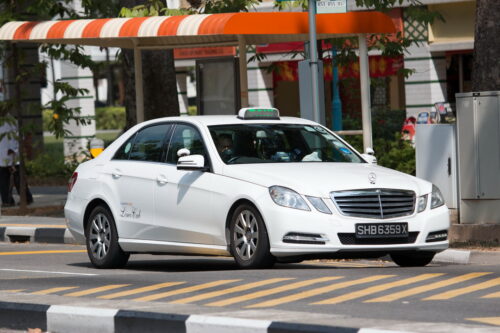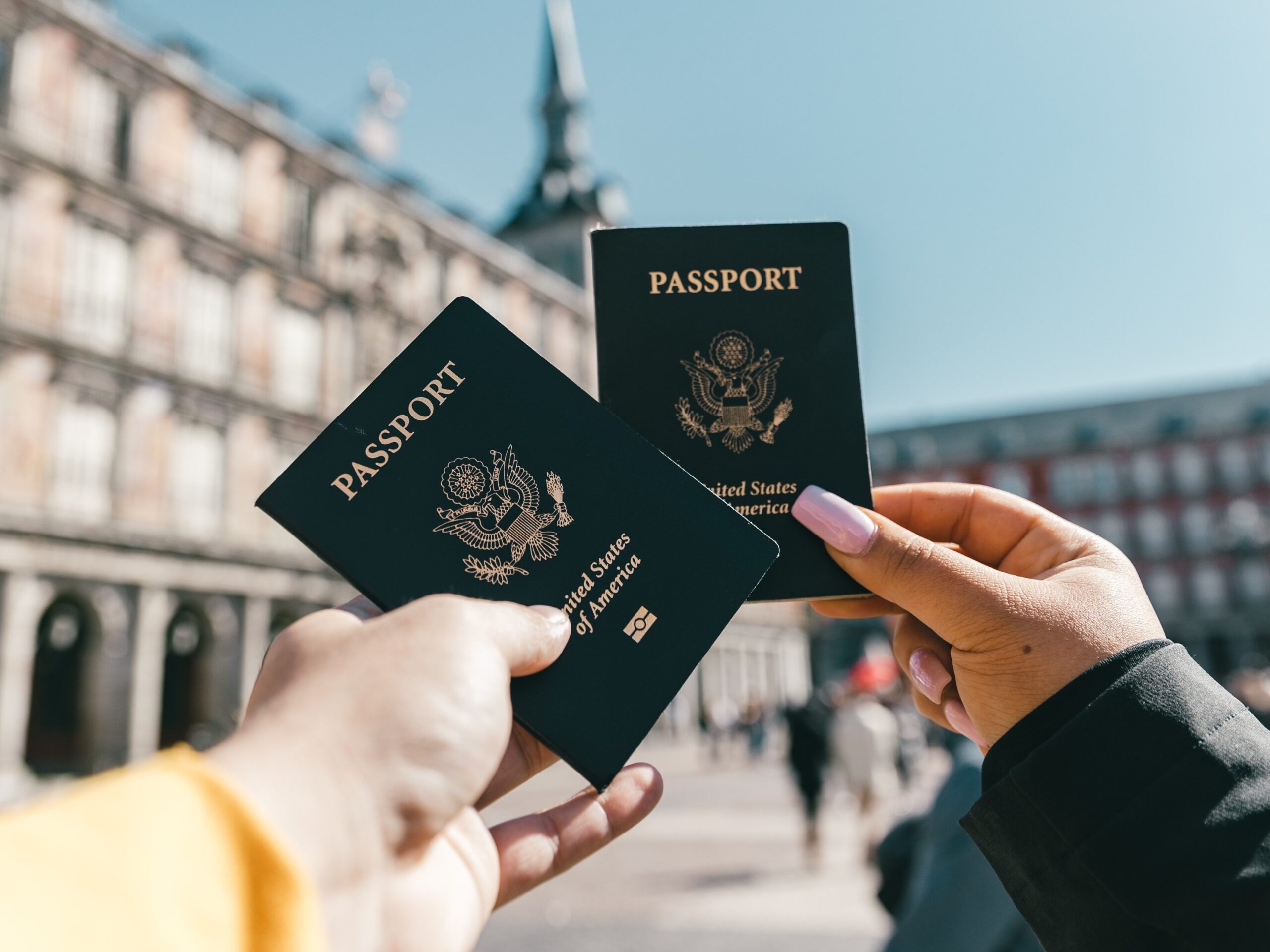The summer travel season is here. With the end of the pandemic, people are once again considering international travel. International travel can be a rewarding and enriching experience, but it also comes with some risks and challenges. Whether you are traveling for business or pleasure, you should always take some precautions to ensure your safety and security.
Travel safety starts before you travel. Before you travel, research your destination and learn about the local culture, laws, customs, and potential threats. You can use reliable sources such as official websites, travel guides, or reputable media outlets. Avoid traveling to areas that are known to be unsafe or unstable.
The U.S. Department of State is an excellent resource for travelers who want to stay safe and informed while abroad. Some of the resources offered include:
Travel Advisories: These are color-coded alerts that indicate the level of risk and precautions for each destination. You can check the travel advisories for your intended destination at Travel Advisories (state.gov).
Smart Traveler Enrollment Program (STEP): This is a free service that allows you to register your trip with the nearest US embassy or consulate and receive updates and assistance in case of an emergency, whether it is a natural disaster, civil unrest, or family emergency. You can enroll in STEP at Smart Traveler Enrollment Program (state.gov)
Emergency Information: This is a collection of resources and contacts for US citizens who need help in an emergency situation overseas. You can find emergency information at Emergencies (state.gov)
You may want to download the State Department’s Smart Traveler app. The Smart Traveler app is a free app that provides U.S. travelers with easy access to official country information, travel advisories, U.S. embassy locations, and more. The app also allows users to enroll in STEP. The app is available for iOS® and Android® devices.

Consider using the services of a travel agent. Travel agents can provide valuable services for planning a safe trip abroad. They can help you find the best deals, avoid scams, navigate visa requirements, and access reliable information about your destination. Travel agents can also assist you in case of emergencies, such as flight cancellations, health issues, or security threats.
It is important to be up to date on your vaccinations. Some countries may require proof of immunization against certain diseases, such as Yellow Fever. Other vaccines may protect you from illnesses that are common in your destination, such as typhoid or hepatitis A. You should consult your doctor or a travel health clinic at least four to six weeks before your trip to find out what vaccines you need and when to get them.
Ensure that your passport is valid and up to date. You should check the expiration date of your passport and renew it if necessary, before booking your trip. Some countries may require that your passport is valid for at least six months beyond your planned date of departure. You should also make sure that you have enough blank pages in your passport for visa stamps and other entry and exit requirements.
Before you leave for your trip make copies of your important documents, such as your passport, visa, tickets, and insurance. Keep one set with you and another set in a safe place, such as a hotel safe or a trusted friend’s house. You can also scan your documents and store them online or email them to yourself. This way, you can access them in case of loss or theft.
Pack light and smart. Only bring what you need and avoid carrying valuables or items that can attract unwanted attention. Use luggage locks and tags to secure your belongings and make them easier to identify. Keep your money and credit cards in a hidden pouch or wallet that you can wear close to your body. Do not flash your cash or jewelry in public.

Check the reviews and location of the hotel before booking. Avoid hotels with exterior doors or in bad neighborhoods. Use both the latch and deadbolt to lock your door. Consider bringing a door stopper for extra protection. Respect the “do not disturb” sign and use it when you want privacy or when you leave your room unattended. If someone knocks on your door without a valid reason, report it to the front desk. Familiarize yourself with your room and surroundings. Look for any signs of intrusion or damage. Know your emergency exit plan and contact numbers.
Keep your valuables in a safe place. Avoid carrying large amounts of cash, jewelry, or expensive gadgets with you. Do not leave them in plain sight or unattended. The in-room safes in many hotels are not secure and can be easily opened by unauthorized persons. The safes have a default code that is not changed by the hotel staff or the guests, and can be accessed by anyone who knows. Most hotels will not insure or replace items kept in the room safe. The hotel safe provides better security. Always ask for a written receipt for the items that you are keeping in the hotel safe.
Be aware of your surroundings and trust your instincts. Avoid walking alone at night or in unfamiliar areas. Avoid walking alone at night or in unfamiliar areas. Stay in well-lit and populated places and follow the main roads. If you feel uncomfortable or threatened, leave the situation as soon as possible and seek help from the authorities or someone you trust. Do not accept rides, drinks, or food from strangers or people you just met.

Have your hotel call a taxi for you or ask them which ones are reliable and trustworthy. Avoid taxis that look old or poorly maintained; they may not have proper safety equipment or be in good condition. You should always check the license plate, driver’s name, and fare before getting in. You should also avoid sharing a taxi with strangers or taking a taxi from an unlicensed operator.
Do not tell the driver your destination until you are inside the taxi and the door is shut; this can prevent them from refusing to take you or charging you more. Check the meter or agree on a fare before you start the trip; some drivers may try to overcharge you or take a longer route. Keep your valuables and personal belongings with you at all times; do not leave them in the trunk or on the seat. If possible, use a GPS app or a map to track your route and make sure the driver is not taking you somewhere else. If you feel uncomfortable or unsafe at any point, ask the driver to stop and get out of the taxi; look for another one or call for help.
Stay in touch with your family and friends. Let them know your itinerary and contact details. Check in with them regularly and update them on your whereabouts and plans. Although you can also use social media or apps to share your location and status, this may be unwise as it can show potential burglars that you are away from home. In case of an emergency, you can contact family and friends for assistance or support. They can help you contact the authorities or the embassy.
Follow the local laws and customs. Respect the culture and the traditions of the place you are visiting. Learn some basic phrases and gestures in the local language. Dress appropriately and avoid wearing anything that might offend or attract unwanted attention. Do not engage in any illegal or unethical activities. You are responsible for your own actions and consequences abroad. Always keep in mind that U.S. laws and rights do not apply in foreign countries.
Have a backup plan. Prepare for any possible scenarios that might disrupt your travel plans, such as flight delays, cancellations, lost luggage, or illness. Have some extra money and a credit card in case you need to pay for unexpected expenses. Have a list of emergency contacts and numbers, such as your embassy, your bank, and your travel agent.

Traveling can be a wonderful experience, but it also comes with some risks. By taking a few basic precautions for safety and security while traveling, you can enjoy your trip without worrying about unwanted surprises or dangers.
Resource
U.S. Department of State
state.gov
*The views and opinions expressed on this website are solely those of the original authors and contributors. These views and opinions do not necessarily represent those of Spotter Up Magazine, the administrative staff, and/or any/all contributors to this site.

